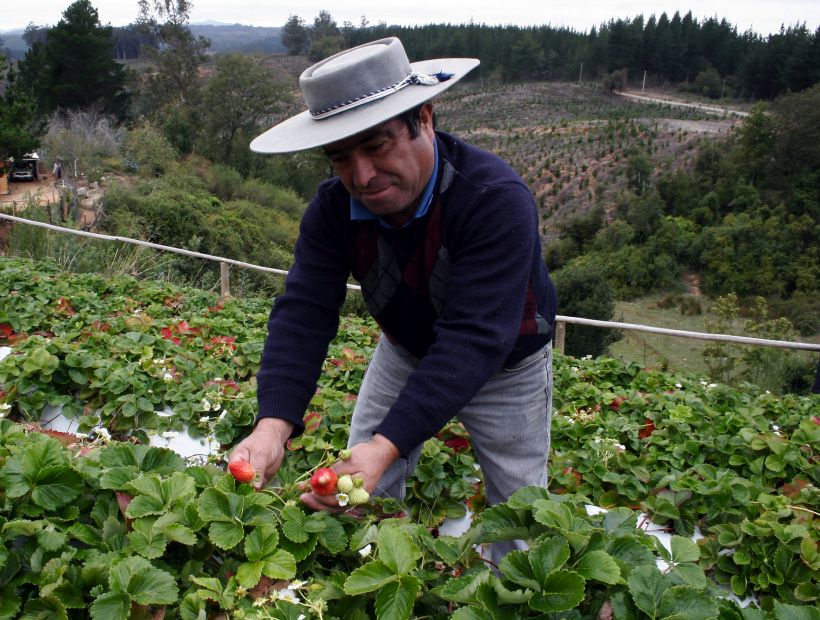
in 2050 is set to double agricultural production in the world, but with much less arable land and water to irrigate it, said the director-general of the Inter-American Institute for cooperation on Agriculture (IICA), the Argentine Manuel Otero.” 2050, a larger population, richer, more urban and more ageing will require nearly doubling agricultural production with less land and water, due to increased restrictions on areas cultivated per capita (25% less) and lower availability of resources water”, stressed Otero.Estas restrictions will be accompanied by”loss of biodiversity and natural resources, and impacts of climate change”, said Otero in an article on bio-economy published by the newspaper the country of España.Para the maximum responsible of the Agricultural Institute of the OAS, is “a challenging scenario, requiring a more inclusive and sustainable agricultural and rural model without sacrificing growth and efficiency”. For this reason, noted that the bioeconomy “offers alternatives and concrete answers to this challenge and its strategic relevance is evident: is associated with achievement, at least 11 of the 17 goals of the sustainable development (ODS) of the United Nations”. Otero recalled that Latin America has more than one quarter of the arable land and one-third of the world’s fresh water resources and is one of the leading producers of sustainable biomass.” For the world, but mainly for Latin America and the Caribbean, which includes eight of the 17 countries more diverse on the planet, the bioeconomy represents a new and powerful opportunity”, as it has more than one quarter of the arable land and a third “part of the world’s fresh water resources, and therefore one of the main producers of sustainable biomass”. Necessary manuel Otero found the world “on a trajectory incompatible with the objectives proposed in economic, social and environmental”, which makes progress towards development strategies. These strategies should be based, according to Otero, on the principles of the bio-economy, i.e. in an intensive and efficient use of resources, technologies and biological processes, to provide sustainable “goods and services that our societies claim”.” What began as a strategy to take advantage of new biological technologies, mainly biotechnology, evolved into a broader vision for more sustainable development, based on patterns of production and consumption that are aligned with objectives of conservation of resources and of mitigation and adaptation to climate change”, highlights in his article.
"El reclamo puede ser genuino, pero construido sobre una mentira", apuntó el presidente Javier Milei…
El gobernador de la provincia de Buenos Aires, Axel Kicillof, encabezó un acto en Ensenada…
El diputado nacional de La Libertad Avanza, José Luis Espert, expresó su confianza en la…
Tras la masiva reaparición de Cristina Fernández de Kirchner, el presidente Javier Milei apuntó contra…
El principal propósito de la nueva comisión es evaluar los recursos humanos en el Senado,…
En una medida que busca redefinir las condiciones de los seguros de automóviles en Argentina,…
Esta web usa cookies.